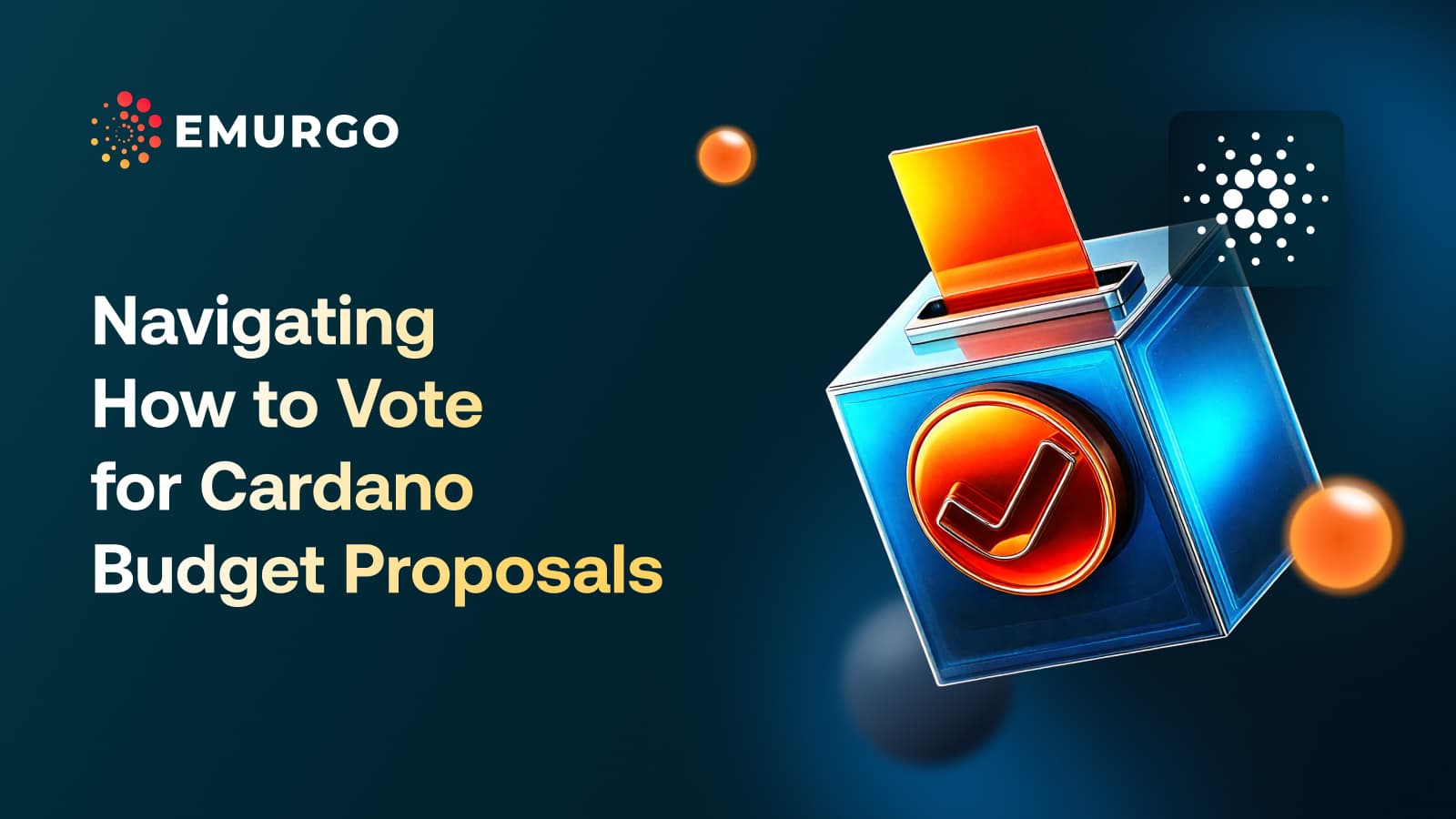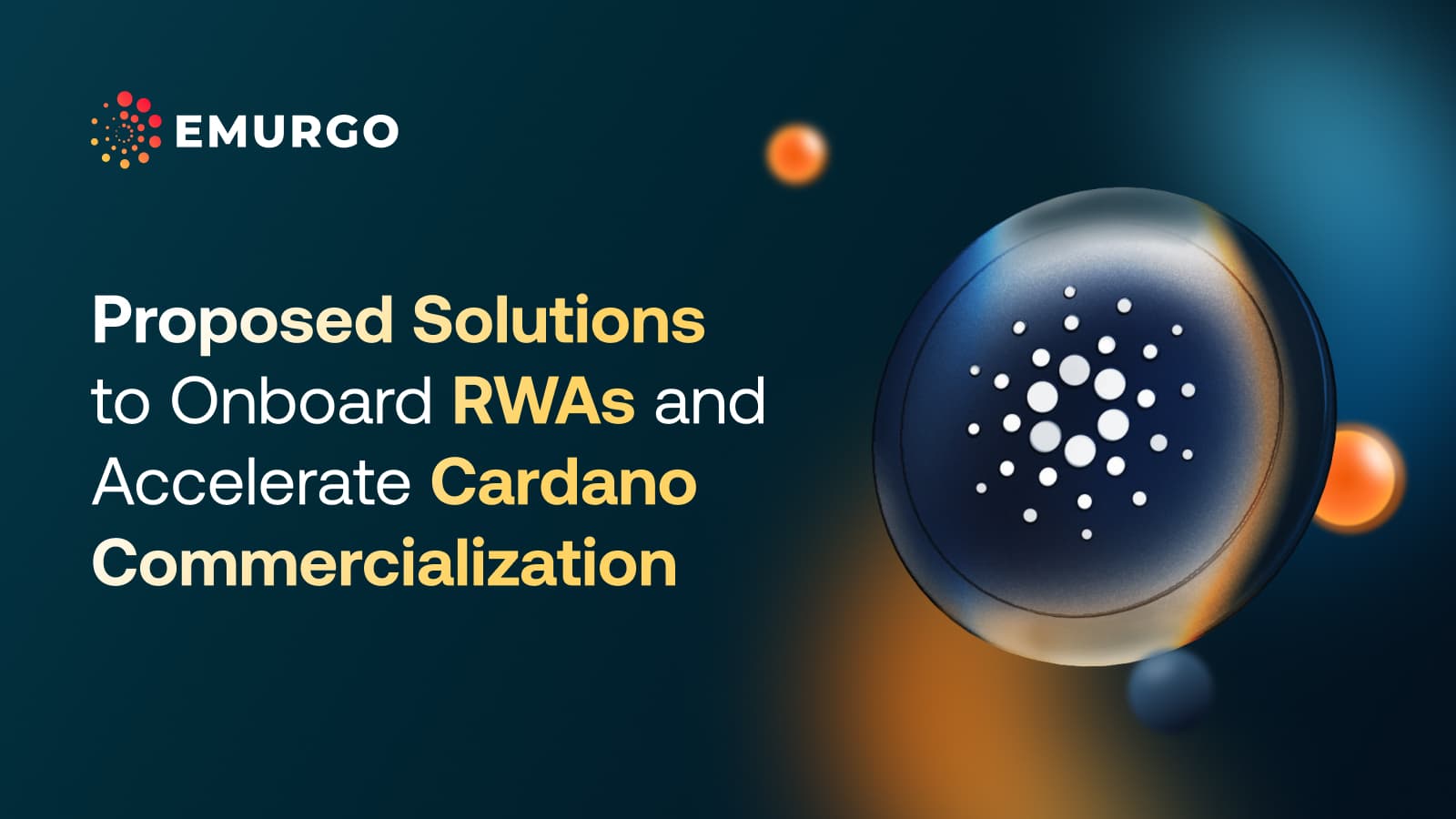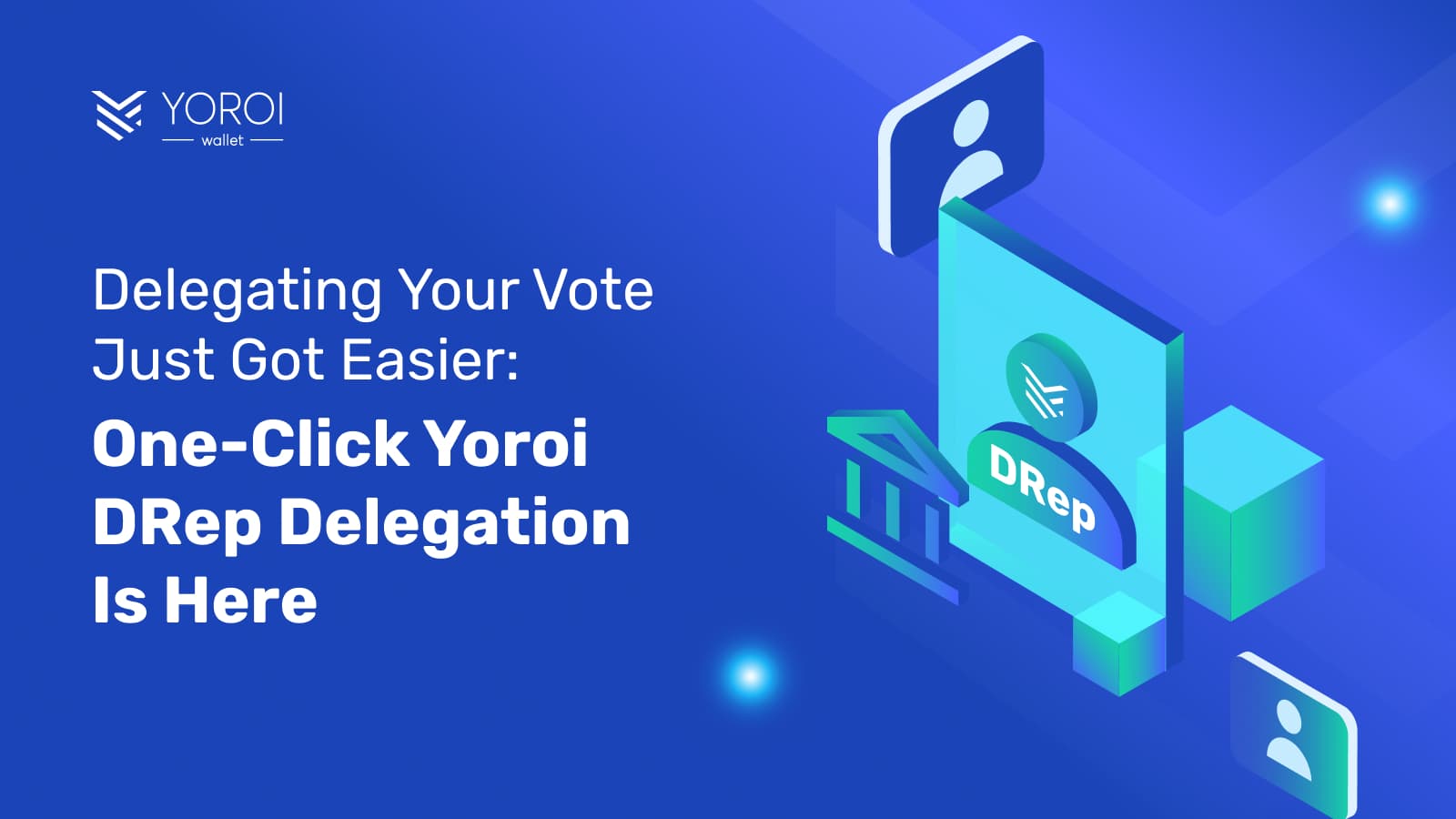In the blockchain space, domain name systems built on specific decentralized blockchains have become popular with users due to the ability to have personalized handles that represent a user’s long crypto address. These systems enable users to have a censorship-resistant decentralized identity that also provides more personal identity control to the user.
The Internet is a complex stack of different technologies that are buried deep inside the web and most users don’t interact directly with these pieces. Yet, these technologies are fundamental and control much of users’ daily Internet usage.
The Domain Name System (DNS) is one such technology. Many non-technical people think of the DNS as a website that contains a list of all the free or open-for-sale domains that people can purchase to use for a website.
But a DNS is much more complex than that. Furthermore, it is a very centralized service that controls the entire registry of the Internet and monopolizes vast amounts of information.
Let’s explore this further and discuss Cardano Connect (CNS), a DNS built specifically for the Cardano blockchain and its users.
All devices connected to the Internet – home computers, phones, tablets, servers, etc. – communicate with each other using numbers. The numbers used to represent information on the Internet are part of what is called the Internet Protocol (IP), a set of rules that dictate the format of data sent via the Internet that must conform so it can be found. If every time a user wanted to access a website and they had to remember a bunch of numbers separated by dots, the Internet would not be very user-friendly. Thus, people enter easy-to-remember words in place of these random numbers such as www.example.com.
A DNS is a globally distributed system that transforms human words such as www.emurgo.io into numeric IP addresses like 76.76.21.21 which computers can understand. In some ways, the DNS is like an old-time phone book that lists all the human names and their corresponding IP. These convert website names into IP numbers and control what server the end user can reach with the use of a web browser.
Now, let’s get to Cardano Connect and how it works for Cardano and its blockchain users.
Much in the same vein as the DNS, Cardano Connect is a social media and decentralized identity platform that allows people to use a simple .ada extension to represent their personal, verified identities. ADA refers to the native cryptocurrency of the Cardano blockchain. Cardano users can choose their name and append it with the .ada verification handle which can be used to manage their social profiles when engaging with decentralized applications in the Cardano ecosystem.
Contrary to the DNS, which has a list of available domain names and IPs stored in centralized data centers controlled by a few hands, the CNS stores this information on-chain on Cardano. This makes it transparent in real-time and enhances its verifiability. Each .ada name is created by minting an NFT that represents that name.
The on-chain registries of .ada names are checked with a “TokenName” function created by the project which ensures that all entries are unique before minting the NFT. The full list is hosted on the Cardano blockchain in a decentralized system that prevents one actor from controlling the names.

The content created using the CNS is token-gated. This means that a token, a CNS NFT, is needed to edit the information. In this way, people have full control over their content, as without access to the NFT, nobody can change the information. This is not true for DNS.
To sum up, the CNS platform facilitates and expands users’ social connections and networks with verifiable identity markers. It also enables a user to receive verifiable credentials for various achievements, all recorded on the Cardano blockchain. This enhances trust and transparency both for the user and their connections in a decentralized manner by using the Cardano blockchain.
Users with a .ada name or handle would also be able to simply send transactions to one another using their handles, removing the issue of having to remember or copy & paste a long, random string of numbers and letters that constitute one’s Cardano ADA wallet address.
The use cases for this technology are extensive. It’s decentralizing one of the fundamental building blocks of the Internet, the registry of domains. As it expands, it can change how the Internet functions and is another use case for decentralized identity leveraging blockchain technology.
Looking to stay up-to-date on Cardano-related ecosystem news?
Then, follow EMURGO on X to receive weekly ecosystem updates including Cardano blockchain education courses, events and workshops, funding opportunities, and more.
About EMURGO
- Official Homepage: emurgo.io
- X (Global): @EMURGO_io
- YouTube: EMURGO channel
- Facebook: @EMURGO.io
- Instagram: @EMURGO_io
- LinkedIn: @EMURGO_io
Disclaimer
You should not construe any such information or other material as legal, tax, investment, financial, or other advice. Nothing contained herein shall constitute a solicitation, recommendation, endorsement, or offer by EMURGO to invest.



